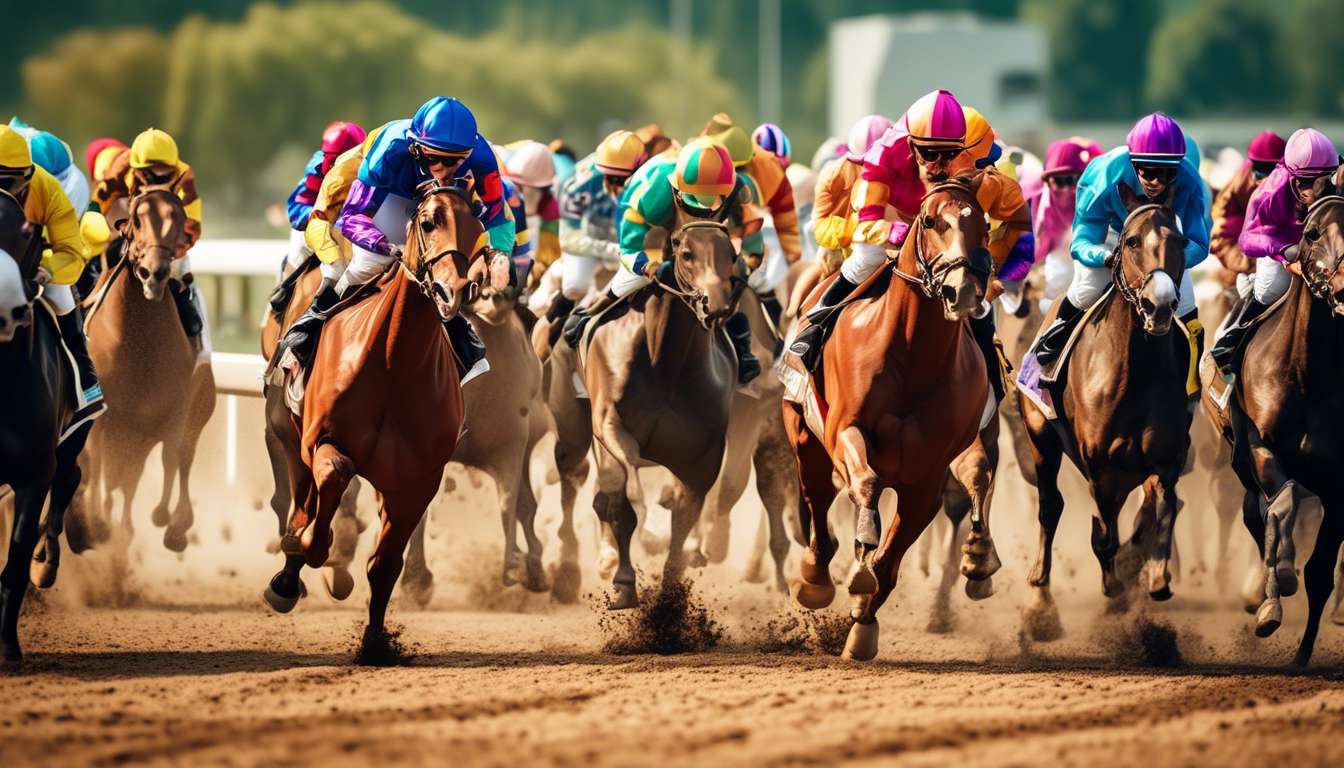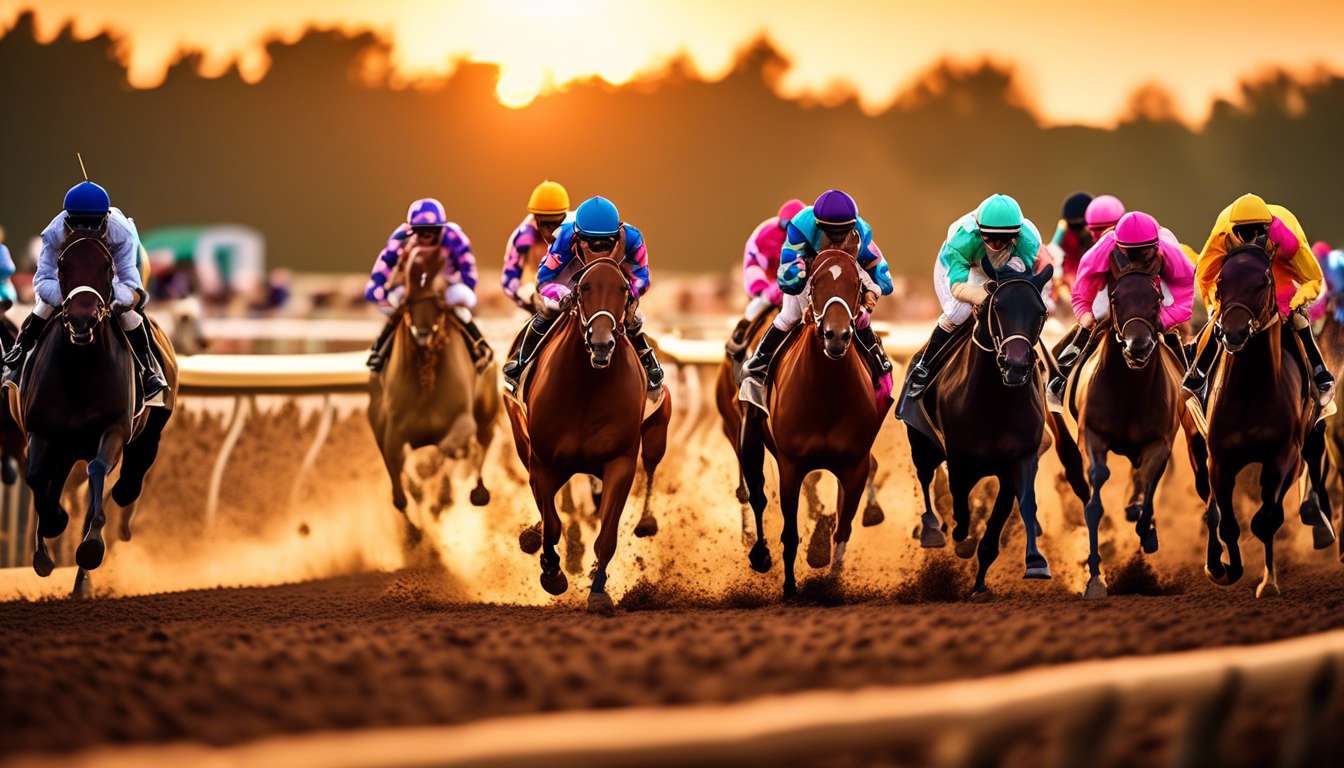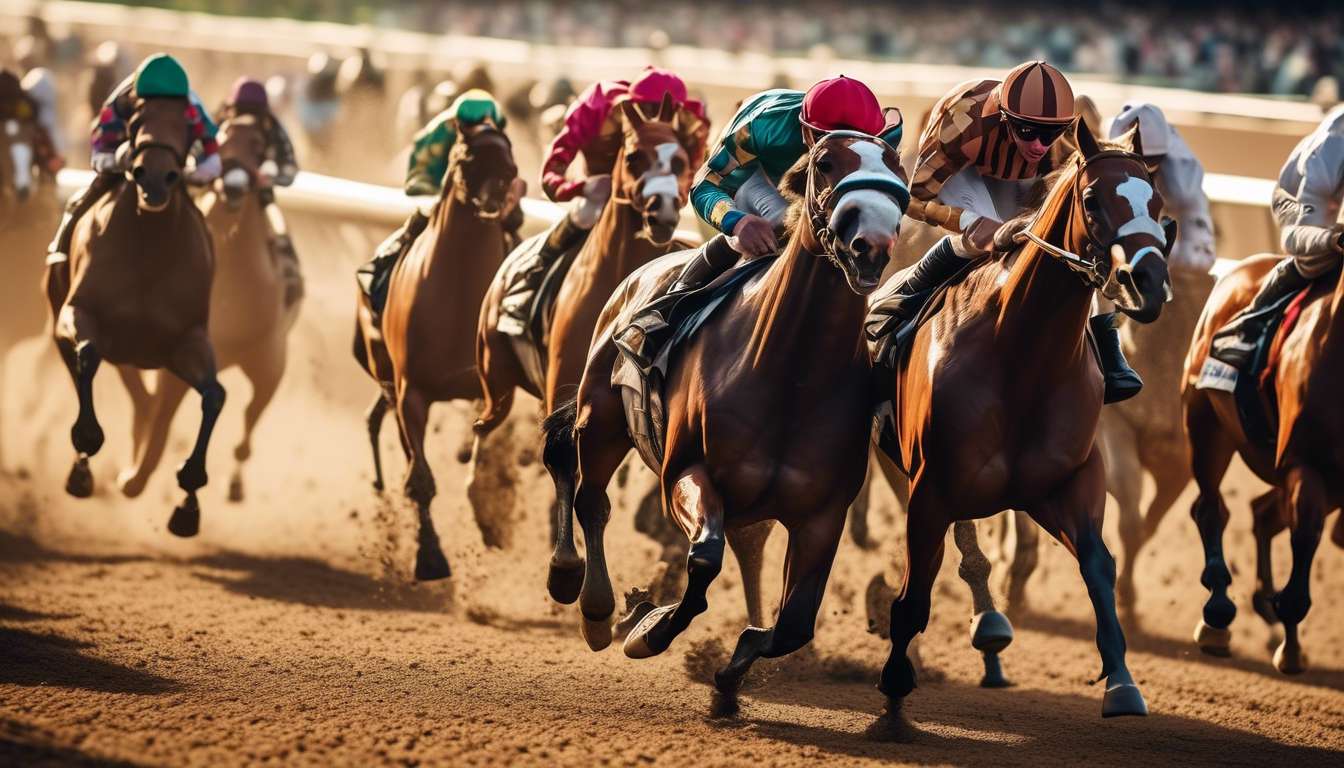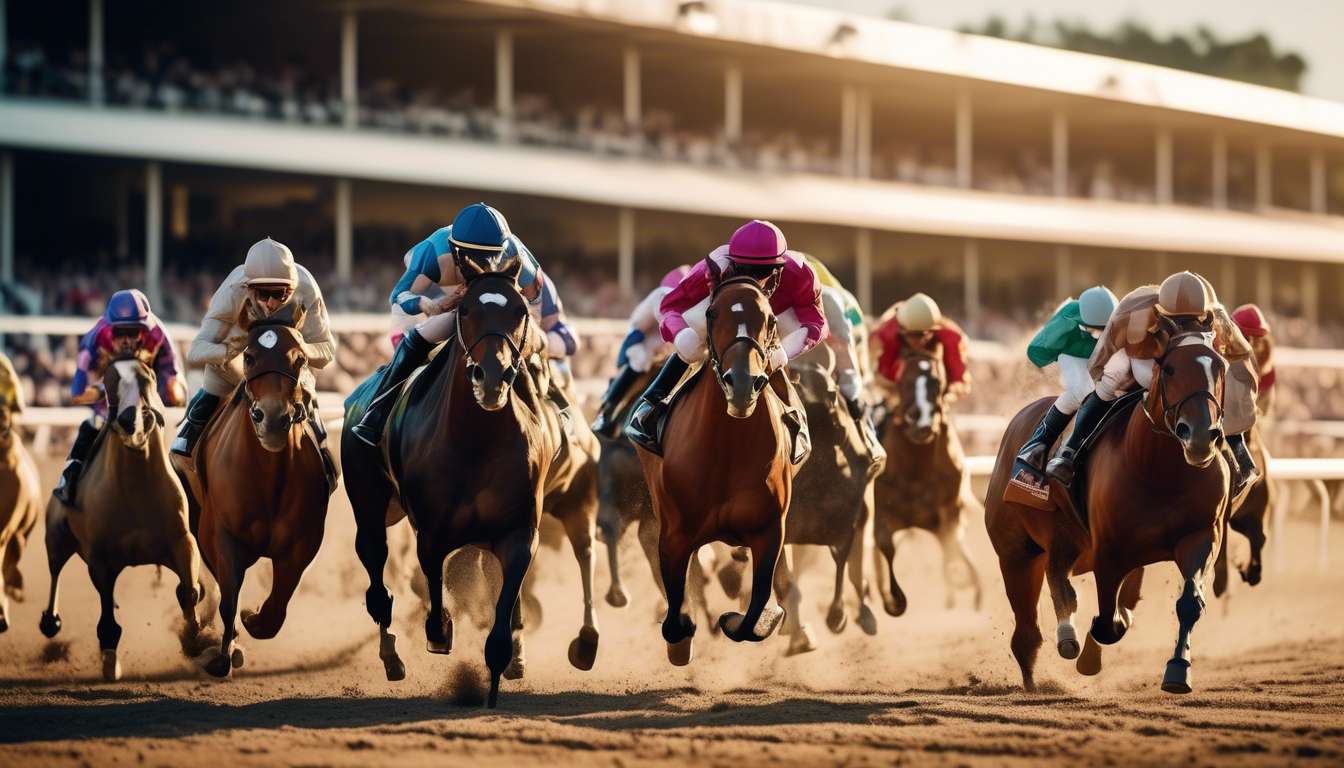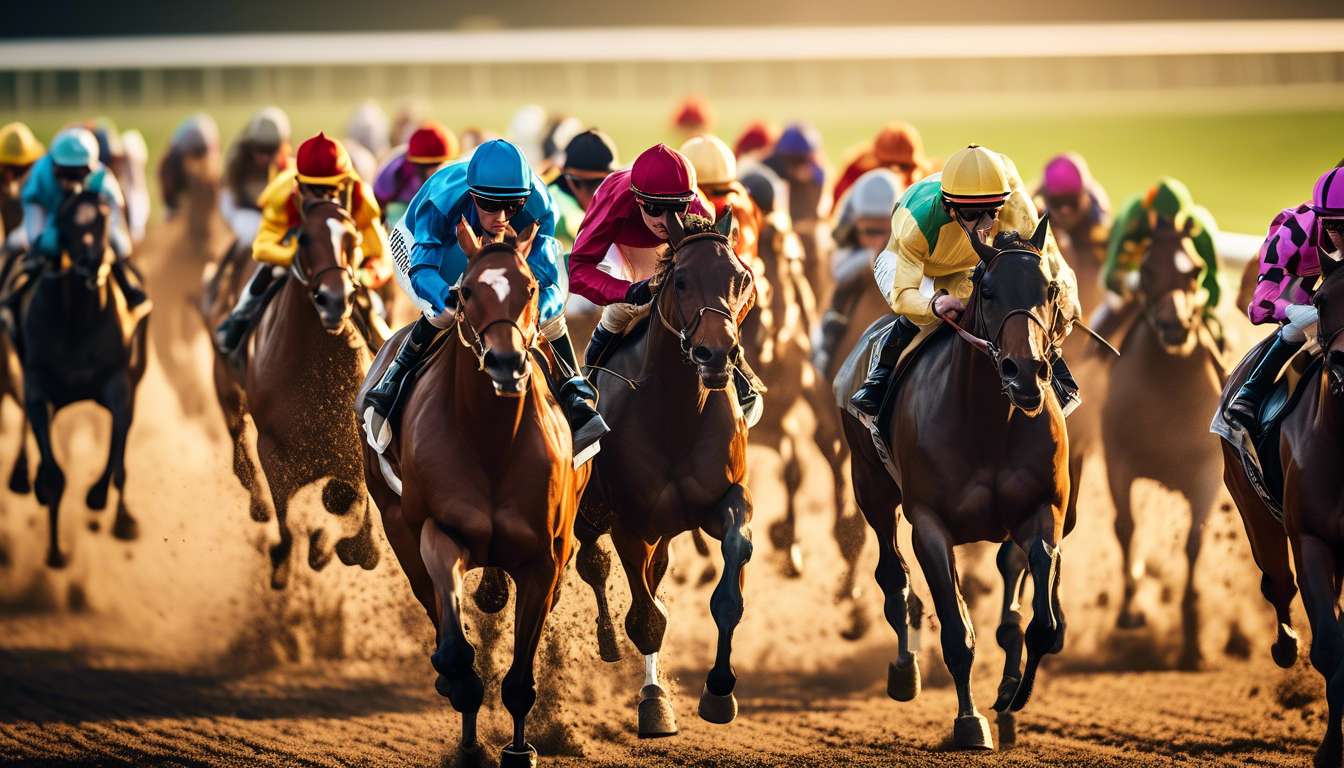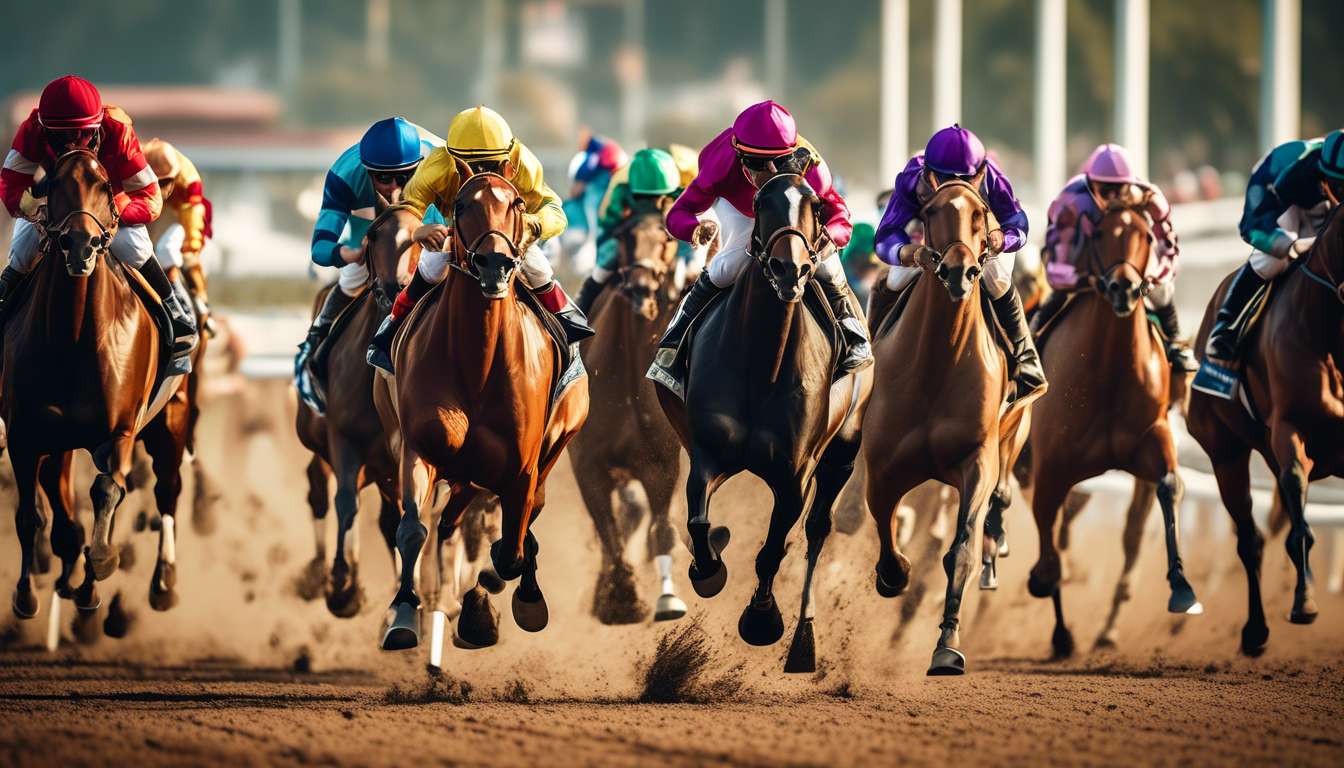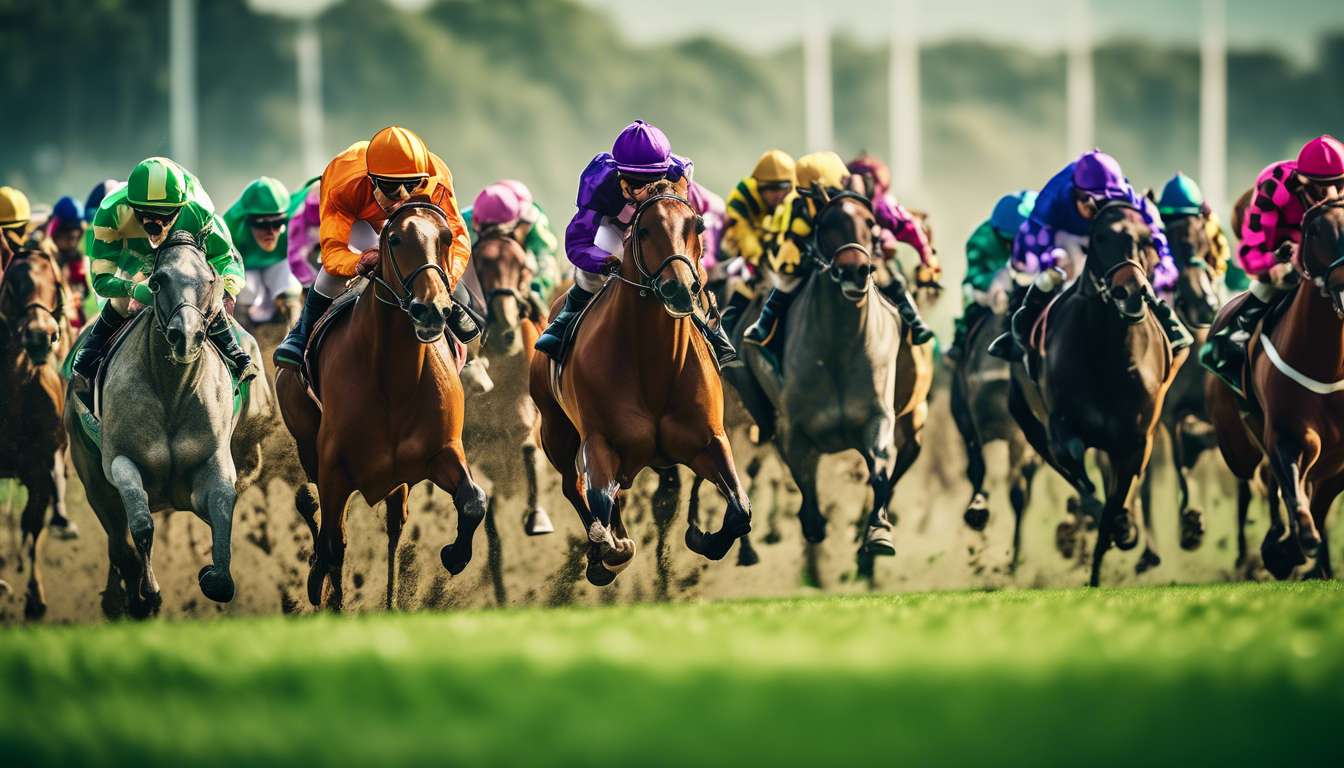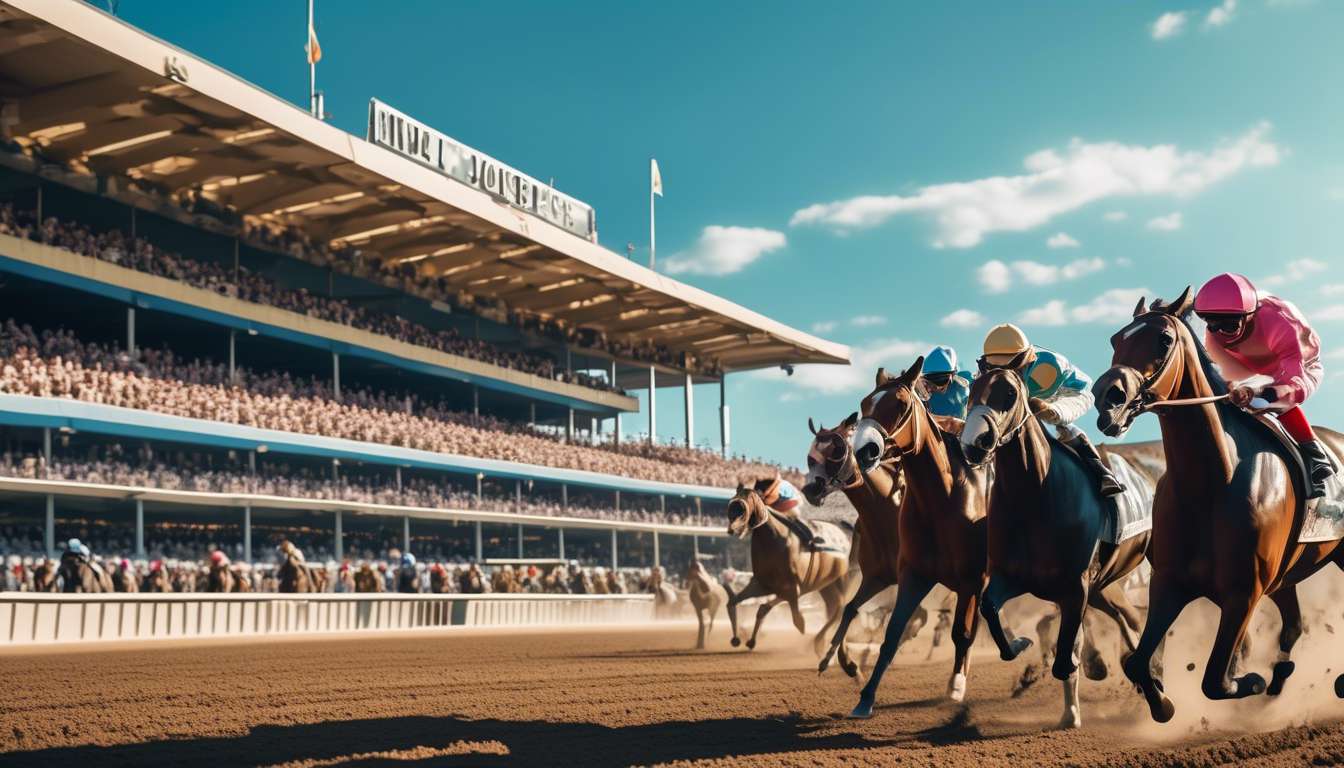Ultimate List of Horses Betting Terms Explained
Horse Betting Terminology Guide As enthusiasts of the exhilarating world of horse racing, we often find ourselves immersed in a unique language—a vibrant tapestry of terms and phrases that add layers of excitement to our betting experience. Understanding these terms enhances our enjoyment and sharpens our betting strategies. Basic Bets: Win: Betting on a horse … Read moreUltimate List of Horses Betting Terms Explained

